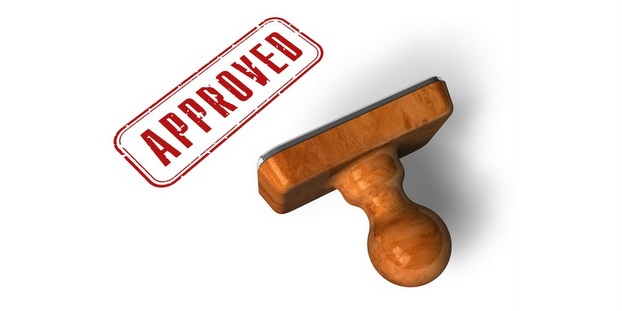This is apparently the hot new thing for wholesaler lobbying groups to pitch to their state governments: Cutting back on taproom and to-go beer, on-premise sales, in order to reroute more of that business through distributors. To Southern states, this is old news, but Nebraska and Texas have dealt with this to some degree recently, and now legislators in Wisconsin had their monocles fixated on one such proposal earlier this month, according to the Green Bay Gazette.
Allouez Planning and Zoning Administrator Trevor Fuller said village officials took notice of the proposal because it could impact the village’s work with Zambaldi Beer to build a brewery and taproom on the former village hall site on Webster Avenue.
“This would, potentially for Zambaldi, kill the project,” Fuller said. “Zambaldi is looking at being a local bar, estimating production of about 5,000 barrels a year, and looking at a majority of sales out of their tap room.”
The good news, according to one state representative quoted in the article, is that no legislator has proposed it yet, possibly due to the quick response from breweries in state.
In fact, we leave you with the full open letter penned by William Glass of the Wisconsin Brewers Guild, which sums it all up pretty nicely:
Dear Governor Walker and Members of the Wisconsin State Legislature,
I am writing on behalf of The Wisconsin Brewers Guild in opposition to a proposed bill currently being circulated by Tavern League of Wisconsin, Wisconsin Beer Distributors Association, and Wisconsin Wine and Spirits Institute. These organizations are using this proposed bill in an attempt to limit the growth of Wisconsin’s beverage industry by tightening the definition of the current three-tier system. In addition, the aforementioned parties seek to create additional restrictions and barriers to market through the creation of an Office of Alcohol Beverages Enforcement. This additional level of bureaucracy is, simply put, a solution in search of a problem. Furthermore, as proposed, there is no method of paying for its creation, nor its maintenance, and is thus an example of wasteful government spending.
This proposed bill is yet another example of a dysfunctional three-tier system wherein two of the tiers attempt to speak on behalf of the third. In this instance we, the manufacturing tier, have been intentionally left out of any discussion regarding the construction, management, and enforcement of our industry’s three-tier system. This proposal, and the notion that changes should be made to Wisconsin Chapter 125 without the input of all the affected parties is unacceptable.
We, as Wisconsin’s independent craft brewers, are not three-tier abolitionists; rather we are simply looking for an equitable relationship and an even playing field within our industry. The vast majority of Wisconsin’s independent craft breweries rely on the relationships we have with our wholesale partners to move product to market efficiently. Additionally, without the retail tier’s participation, we would not be witnessing the craft beer renaissance taking place today in all corners of our great state. Meanwhile, not a day passes where there isn’t a new example of one of our small businesses trying to grow, or even get off the ground, being stifled by prohibition era laws. In Wisconsin our production breweries have the ability to cross the three-tier system by self-distribution of up to 300,000 barrels of beer (Ch. 125.29(3M)(6)) and to operate two retail locations within the state (Ch. 125.29(3)(f)). Despite our ability to cross the tiers and effectively operate as manufacturer, wholesaler, and retailer, our commitment to the responsible trade practices and adherence to Chapter 125 has never wavered. Along with Wisconsin’s wholesalers and retailers we stand firm in our commitment to the responsible sale of alcohol within the State of Wisconsin.
That being said, Wisconsin has unfortunately fallen behind the curve when it comes to the opening of new breweries, the growth of existing breweries, and the subsequent addition of well-paid manufacturing jobs that come with that growth. Brewpubs, for example, are held back from growth due to arbitrary caps on their production levels and the number of brewery restaurants they can legally operate. We believe there needs to be action taken to modernize Chapter 125, but we firmly believe that this process should take place in an open discussion that includes all three tiers within our industry. The Wisconsin Brewers Guild strongly opposes any and all changes to Chapter 125 without all parties having a seat at the table.
Wisconsin has a long and proud history of manufacturing high quality beer, wine, cider, mead, and spirits. We should absolutely not settle for good while we watch other states become great. We need to strive to become a better state of beer.






Leave a Reply
You must be logged in to post a comment.